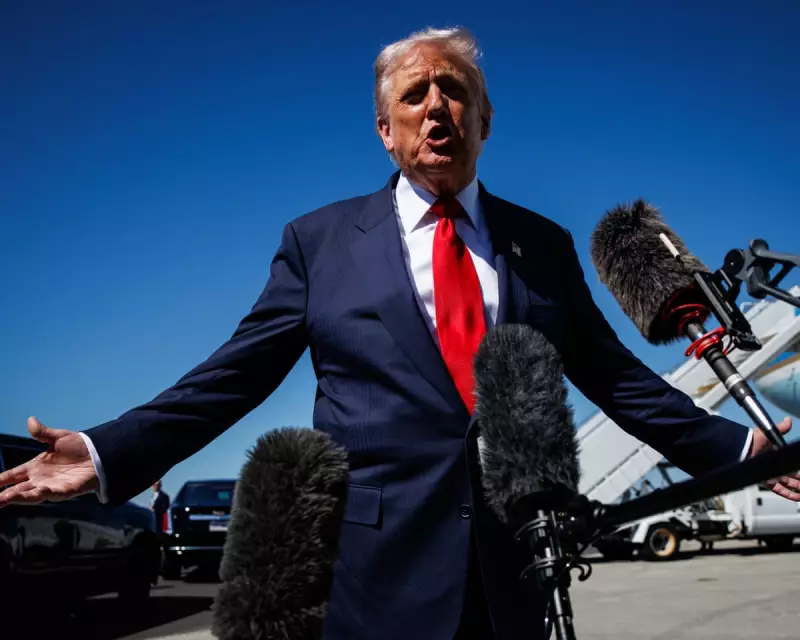
In a dramatic intervention that has reignited debate about America's role in protecting religious minorities abroad, former President Donald Trump has publicly accused the Biden administration of turning a blind eye to what he describes as systematic persecution of Christians in Nigeria.
A Stinging Rebuke of Current Policy
The controversial statement, issued through his campaign apparatus, represents one of Trump's most direct criticisms of President Biden's foreign policy approach to Africa's most populous nation. Trump claimed the current administration has deliberately ignored overwhelming evidence of religious violence targeting Christian communities.
Specific Allegations and Accusations
According to Trump's detailed statement, the situation in Nigeria has deteriorated significantly under Biden's watch. He pointed to several key concerns:
- Escalating violence against Christian communities in northern regions
- Alleged systematic destruction of churches and Christian properties
- Claims of government complicity in religious discrimination
- Failure of US diplomatic channels to address the crisis adequately
Political Implications and Timing
The timing of Trump's statement is particularly significant, coming as both major US political parties position themselves on international human rights issues ahead of the next election cycle. The former president's intervention places religious freedom squarely back on the foreign policy agenda.
Political analysts suggest this move serves multiple purposes:
- Reinforcing Trump's appeal to evangelical Christian voters
- Positioning himself as a defender of religious liberty worldwide
- Creating a clear point of differentiation from Biden's foreign policy
- Drawing attention to an issue that receives limited mainstream coverage
International Response and Reactions
The Nigerian government has historically denied allegations of systematic religious persecution, maintaining that incidents of violence are primarily driven by economic factors and regional conflicts rather than religious animosity. However, international human rights organizations have documented numerous cases that suggest otherwise.
Human rights advocates have expressed concern that the politicization of the issue could complicate diplomatic efforts while simultaneously welcoming increased attention to the plight of religious minorities.
Broader Context of US-Nigeria Relations
This latest development occurs against a backdrop of complex US-Nigeria relations, where security cooperation, economic interests, and human rights concerns frequently intersect. The Biden administration has maintained that its approach to Nigeria balances multiple priorities while continuing to raise human rights issues through diplomatic channels.
The controversy highlights the ongoing challenge Western nations face in addressing religious persecution while maintaining productive relationships with strategic partners. As the debate continues, the situation in Nigeria remains a flashpoint in discussions about America's role in protecting religious freedom worldwide.





